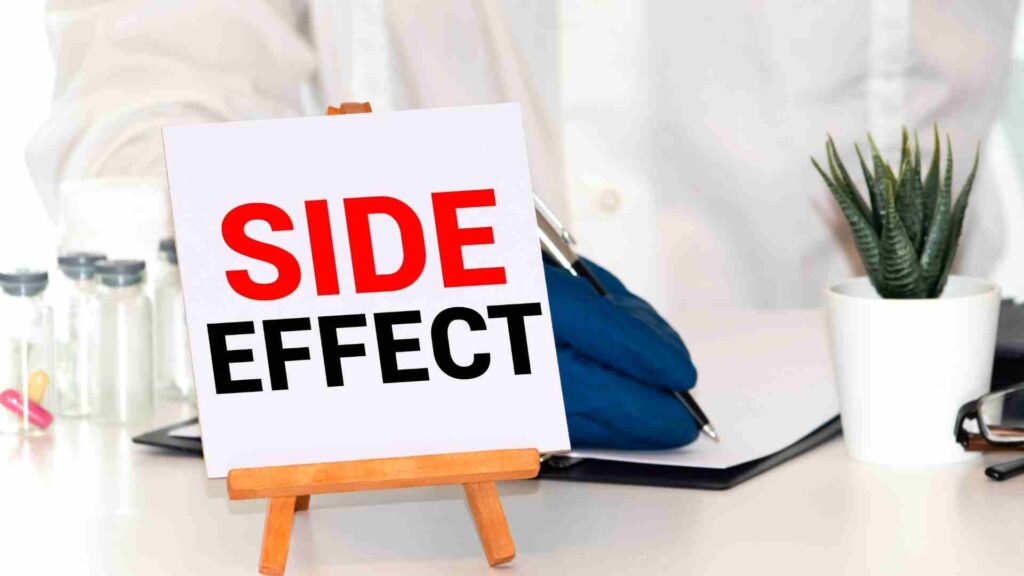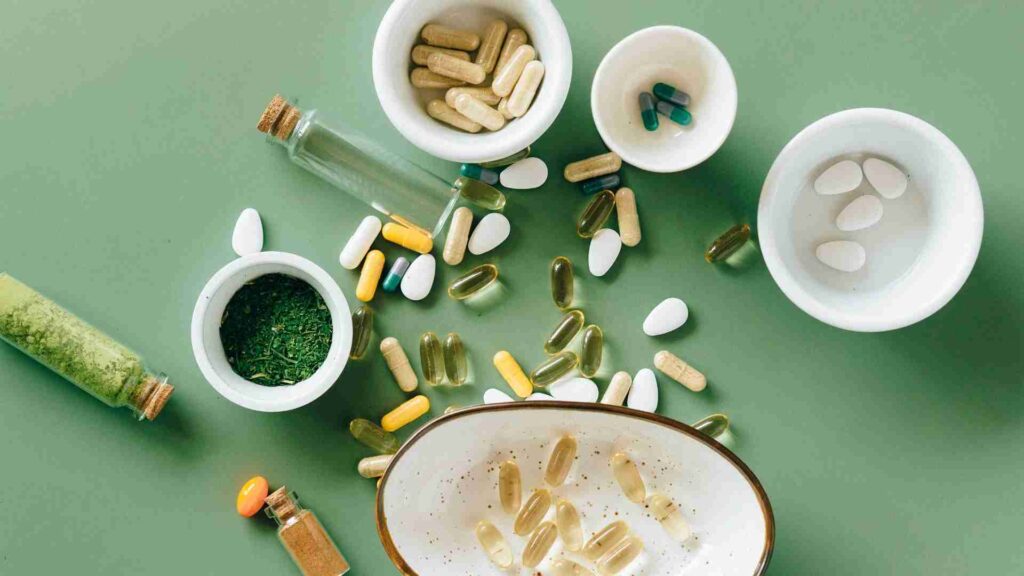SSRIs (Selective Serotonin Reuptake Inhibitors) are among the most commonly prescribed medications for treating depression and anxiety. These drugs work by increasing serotonin levels in the brain, helping to improve mood and reduce symptoms. While SSRIs have been a reliable option for many, they are not without their challenges.
In fact, there is a growing interest in finding treatments that offer the benefits of SSRIs without the drawbacks. This search for alternatives has led to the exploration of various options. To name a few: natural supplements, lifestyle changes, and innovative technologies like DIY neurostimulators.
In this article, we will delve into these alternatives, with a particular focus on transcranial Direct Current Stimulation (tDCS). a promising non-invasive treatment that has shown effectiveness in reducing symptoms of depression and anxiety with fewer side effects.

1. Understanding SSRIs and Their Limitations
SSRIs, or Selective Serotonin Reuptake Inhibitors, are a class of medications commonly prescribed for depression and anxiety. They work by increasing the level of serotonin, a neurotransmitter in the brain, which helps improve mood.
By blocking the reabsorption (reuptake) of serotonin, these drugs allow more serotonin to be available to the brain’s neurons. This process can lead to a reduction in symptoms for many people. However, while SSRIs can be effective, they are many potential side effects.
In fact, common issues include weight gain, sexual dysfunction, and emotional blunting, where individuals feel a reduced capacity for both positive and negative emotions. Withdrawal symptoms can also occur when discontinuing the medication, making it difficult for some to stop treatment.

These side effects can be quite distressing and may affect a person’s overall well-being. As a result, many people begin to explore alternatives that may offer relief without these unwanted effects.
The need for alternatives to SSRIs is becoming increasingly clear. Treatments with fewer side effects and more sustainable long-term outcomes are in high demand. While SSRIs have helped many, the search for better solutions continues.
2. Overview of Natural SSRI Alternatives
Natural alternatives to SSRIs are gaining attention for their potential to treat depression and anxiety with fewer side effects. Herbal supplements and lifestyle changes are among the most popular options, especially for mild to moderate symptoms.
Herbal Supplements
St. John’s Wort is widely used for mild to moderate depression. It works by increasing serotonin and other neurotransmitters in the brain. Studies suggest it can be as effective as SSRIs, though it may interact with other medications.
Omega-3 Fatty Acids are essential for brain health. Found in fish oil, they help regulate mood and have shown promise in reducing depression symptoms.
Saffron Extract has been studied for its antidepressant effects. Some research indicates it may be as effective as certain antidepressants in reducing symptoms.

Lifestyle Interventions
Exercise is a powerful natural treatment for depression. Regular activity boosts endorphins and can match the efficacy of SSRIs for many people.
Mindfulness and Meditation are effective for managing anxiety and depression. These practices help reduce stress and negative thoughts, offering a non-drug approach to improving mental health.
3. DIY Neurostimulators: A Modern Alternative
Neurostimulation is an emerging field that offers promising alternatives to traditional treatments like SSRIs. Among these, transcranial Direct Current Stimulation (tDCS) stands out as a non-invasive, effective method for treating depression and anxiety. tDCS works by delivering a low electrical current to specific areas of the brain, modulating neural activity to alleviate symptoms.
Benefits of tDCS Over SSRIs
One of the key advantages of tDCS is its low side effect profile. Unlike SSRIs, which can cause weight gain, sexual dysfunction, and withdrawal symptoms, tDCS is associated with minimal side effects. Most users experience only mild skin irritation at the electrode site.
The efficacy of tDCS in treating depression and anxiety is supported by several clinical studies. Research shows that tDCS can significantly reduce symptoms, making it a viable alternative to medication, especially for those who prefer a drug-free option.
Moreover, tDCS is becoming increasingly accessible for home use. DIY devices are now more affordable, allowing individuals to manage their symptoms conveniently. This accessibility makes tDCS an attractive option for those seeking an effective, low-risk alternative to traditional antidepressants.

4. Comparing DIY Neurostimulators and Natural Alternatives
Efficacy
When comparing the efficacy of DIY neurostimulators like tDCS to natural alternatives, both options show promise in treating depression and anxiety. tDCS has been shown in clinical studies to significantly reduce symptoms, offering a targeted and effective approach.
On the other hand, natural supplements like St. John’s Wort and Omega-3 fatty acids, along with lifestyle changes such as exercise, also demonstrate positive effects, particularly for mild to moderate symptoms. However, tDCS may offer faster and more consistent results for those with more persistent conditions.
Side Effects
tDCS is favored for its minimal side effects. Users typically report only mild skin irritation, which is minor compared to the potential side effects of SSRIs and even some natural supplements.
Herbal remedies, while generally safer than pharmaceuticals, can still cause unwanted reactions or interact with other medications. In contrast, the safety profile of tDCS makes it a strong contender for those looking to avoid the risks associated with both SSRIs and natural alternatives.

Convenience and Accessibility
When it comes to convenience, tDCS devices are relatively easy to integrate into daily life. They require minimal time and can be used at home, offering a straightforward approach.
In comparison, lifestyle changes like regular exercise or mindfulness practices demand a consistent commitment, which can be challenging for some. Natural supplements also require daily intake and sometimes monitoring for interactions. For those seeking a low-maintenance, effective treatment, tDCS offers a practical solution with greater accessibility and ease of use.
5. Conclusion
Exploring alternatives to SSRIs is essential for those seeking effective treatments with fewer side effects. Natural supplements, lifestyle changes, and DIY neurostimulators like tDCS all offer promising options. Among these, tDCS stands out for its minimal side effects, proven efficacy, and ease of use, making it an attractive alternative for managing depression and anxiety.
If you’re looking for a treatment that offers relief without the drawbacks of traditional medications, consider giving tDCS devices such as the Flow headset a try. With its growing accessibility and strong support from clinical studies, tDCS could be the solution you’ve been searching for. Explore the products and resources available on our website to learn more about how tDCS can fit into your mental health strategy.
